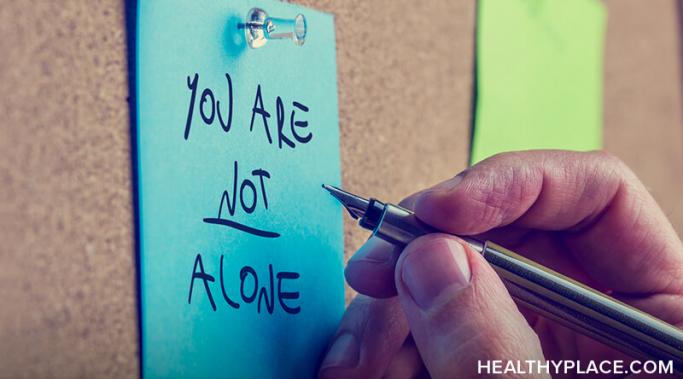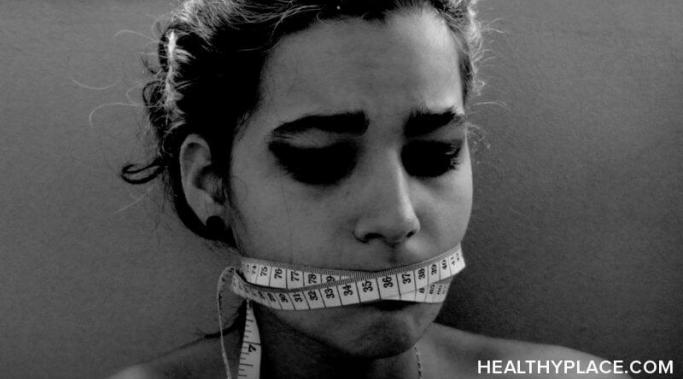Blogs
Over the years, I have been able to cope with my anxiety much more effectively than I did when I was younger; however, there are still plenty of times when my anxiety has affected my self-worth.
People who have borderline personality disorder (BPD) have a reputation for being difficult to treat in therapy and not trusting therapists. As someone who has BPD, I can attest to this: I can be very defensive, and I have a habit of trying to do the therapist's job by diagnosing myself and telling them what I think I need. I also don't stick with any therapist for long and have been known to bail with almost no warning.
Recently, I wrote and submitted a sample article for an upcoming magazine. That was a big step for me, as rejection has always been a big fear of mine. While I was relieved to have submitted the story, I am anxious to know whether it will be accepted. Thankfully, these eight methods have been helping me to reduce my anxiety as a writer.
Setting healthy boundaries for myself has always been difficult. Saying "no" just isn't in my wheelhouse. I struggle with the fact that I need to be perfect and please everyone.
It's true that binge eating disorder (BED) has held me back, taken up mental space, and belittled my self-esteem. It's also true that experiencing and recovering from BED has also been a catalyst for my growth. When I feel frustrated with BED recovery and having to think about food more than the average person, I try to remember and be grateful for what this binge eating disorder recovery process has taught me about my values and the bigger picture.
It is natural to look back and reflect on your life and how you spend your time when you lose someone you love to illness or accident. However, I have realized that because of my recovery from verbal abuse, my journey has aided me in seeking out the life I want. This goal includes surrounding myself with supportive and loving people rather than condescending or abusive. My past abuse has changed my perspective.
Misinformation doesn't just trick other people into believing stigmas surrounding self-harm—those of us struggling with it may fall prey to false self-injury beliefs, too.
Of late, life has become pretty humorless. I don't find anything funny; on the contrary, I cringe at jokes that get laughs out of most people. If others' jokes have this effect, it's a given that I cannot see the funny side of things myself. And to think I used to be a mischievous twentysomething. Well, my grim outlook and lack of a sense of humor are more a result of depression than a side effect of growing up.
I find myself asking: What should my response be when a present situation fuels past eating disorder temptations? I need to examine why I flirt with behaviors I know are unhealthy when life tosses me an unforeseen curve ball. Then I can choose a different course of action—one that honors recovery rather than placing it in jeopardy.
Almost a year ago to the day, I crashed headlong into weeks of crippling panic and anxiety attacks that left me terrified and traumatized. I sought out and found a trauma therapist who could help me get beyond the trauma so I could be myself and get back to living. I'm delighted to say that last week, I reached a significant milestone in my trauma recovery.









